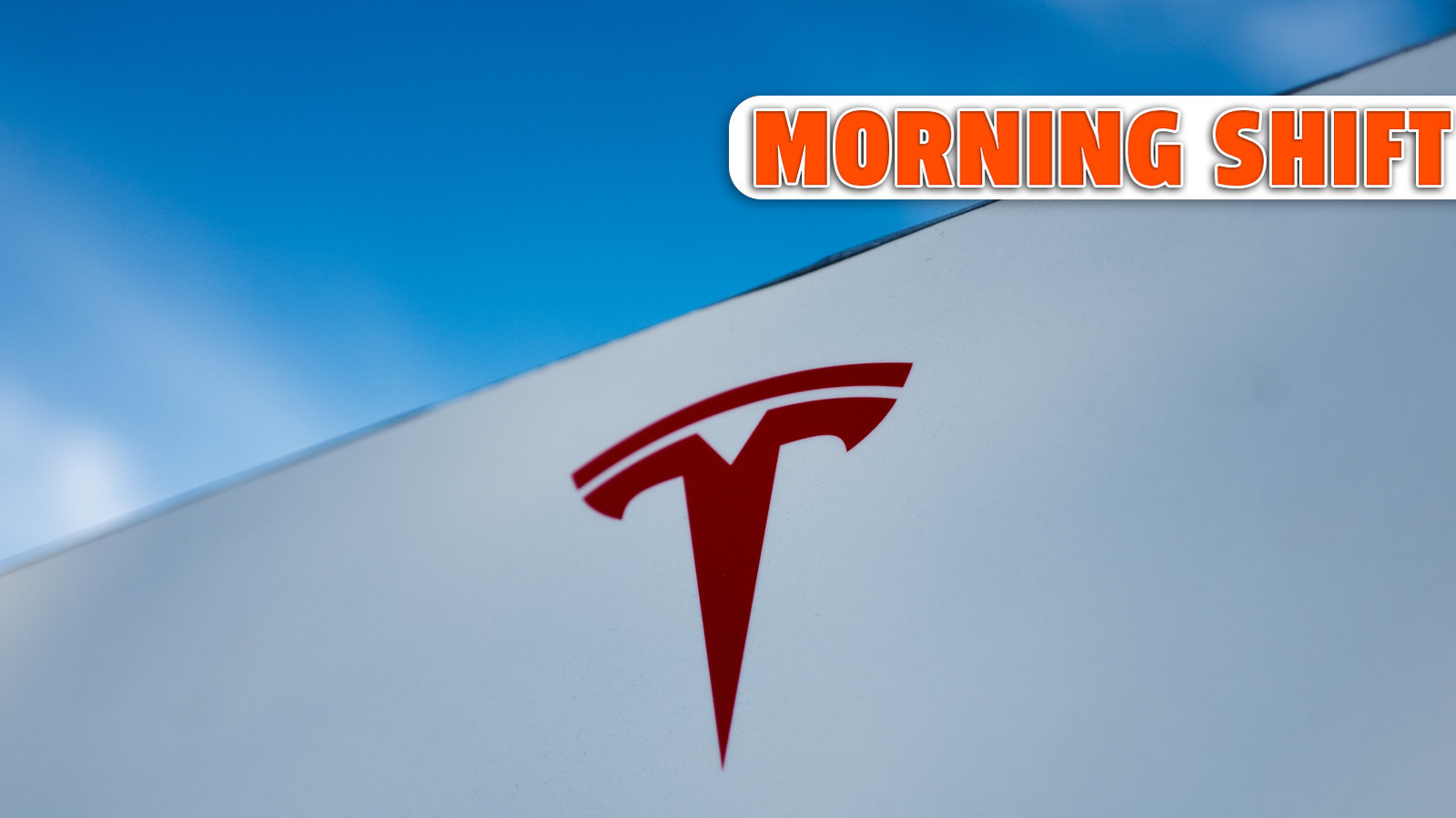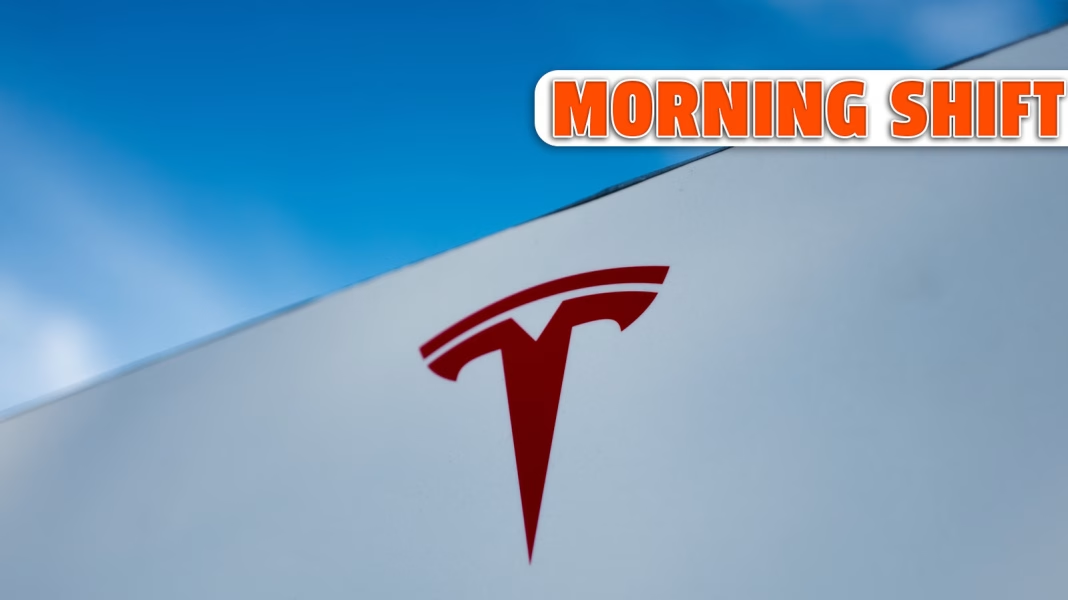Can Tesla Owners Really Sue Over Self-Driving Promises?
If you’ve followed Tesla’s story, you know the company’s been promising self-driving cars for years. The idea? Buy a Tesla today, and tomorrow—maybe after a quick software update—your car will drive itself. But as months turn into years, many owners are asking: What happens if those promises don’t pan out? Can you actually take Tesla to court over it?
What’s the Real Status of Tesla’s Autopilot and Full Self-Driving?
Let’s clear up some confusion first. Tesla’s Autopilot and Full Self-Driving (FSD) features sound futuristic, but as of 2024, they’re still classified as Level 2 driver-assist systems. That means your hands can’t leave the wheel for long, and you’re legally responsible for the car at all times. According to the National Highway Traffic Safety Administration (NHTSA), there’s no Tesla on the road today that meets the definition of a fully autonomous vehicle.
Despite this, Tesla’s marketing has often suggested that full autonomy is just around the corner. Elon Musk has repeatedly stated that FSD would be achieved “next year” or “very soon”—a claim that’s been made almost annually since 2016. For many owners, this gap between promise and reality feels more than just a missed deadline. It feels like a broken contract.
Why Are Tesla Owners Frustrated With Self-Driving Claims?
Imagine dropping tens of thousands of dollars on a car, largely because you believe it will soon drive itself. That’s the situation for many Tesla owners who paid up to $15,000 extra for the FSD package. Some have waited years for the promised features, only to find themselves beta-testing software that still requires constant attention.
A 2023 survey by Consumer Reports found that 61% of Tesla owners who purchased FSD were dissatisfied with its current capabilities. Many cited misleading advertising and unmet expectations as their main grievances. This frustration isn’t just about convenience—it’s about trust, safety, and the feeling of being sold a vision that’s still just out of reach.
Has Anyone Actually Sued Tesla Over Self-Driving Promises?
Yes, and the legal landscape is heating up. Several class-action lawsuits have been filed in the United States, alleging that Tesla misled consumers about the capabilities and timeline of its self-driving technology. One high-profile case in California claims that Tesla’s marketing amounted to false advertising and deceptive business practices.
Legal experts say these cases hinge on whether Tesla’s statements were “puffery” (vague, optimistic claims that aren’t legally binding) or concrete promises that buyers relied on. The Federal Trade Commission (FTC) has also warned automakers about overstating autonomous features, signaling that regulators are paying close attention.
What Does the Data Say About Tesla’s Safety and Performance?
Safety is a big part of the conversation. Tesla argues that its driver-assist features make roads safer, citing internal data that shows lower crash rates when Autopilot is engaged. However, independent studies paint a more nuanced picture. The Insurance Institute for Highway Safety (IIHS) notes that while some driver-assist systems can reduce certain types of accidents, they may also encourage risky behavior if drivers overestimate the technology’s abilities.
In 2023, the NHTSA opened multiple investigations into crashes involving Tesla vehicles using Autopilot, including several fatal incidents. These investigations focus on whether the system’s limitations were clearly communicated to drivers—and whether Tesla did enough to prevent misuse.
What Should Tesla Owners Do If They Feel Misled?
If you’re a Tesla owner feeling burned by unfulfilled self-driving promises, you’re not alone. Legal experts recommend documenting all communications with Tesla, including marketing materials, emails, and purchase agreements. If you’re considering joining a lawsuit, consult with an attorney who specializes in consumer protection or automotive law.
It’s also wise to stay updated on recalls and software updates. In December 2023, Tesla recalled over two million vehicles to address concerns about Autopilot’s driver monitoring system. Keeping your car’s software current and following official guidance can help protect your safety—and your legal standing.
How Might These Lawsuits Change the Future of Self-Driving Cars?
The outcome of these lawsuits could set a precedent for the entire auto industry. If courts find that Tesla’s marketing crossed the line, other automakers may rethink how they advertise advanced driver-assist features. Regulators could also impose stricter rules on how companies describe their technology, aiming to prevent confusion and keep drivers safe.
For Tesla, the stakes are high. The company’s brand is built on innovation and bold promises. But as the legal spotlight intensifies, transparency and accountability may become just as important as technological breakthroughs.
What’s the Bottom Line for Drivers and the Industry?
The big takeaway? Self-driving isn’t about perfection—it’s about smarter adjustments. Start with one change this week—like reading the fine print on your car’s features or asking tough questions at the dealership—and you’ll likely spot the difference by month’s end. The road to autonomy is long and winding, but staying informed and proactive puts you in the driver’s seat, no matter what the future holds.


